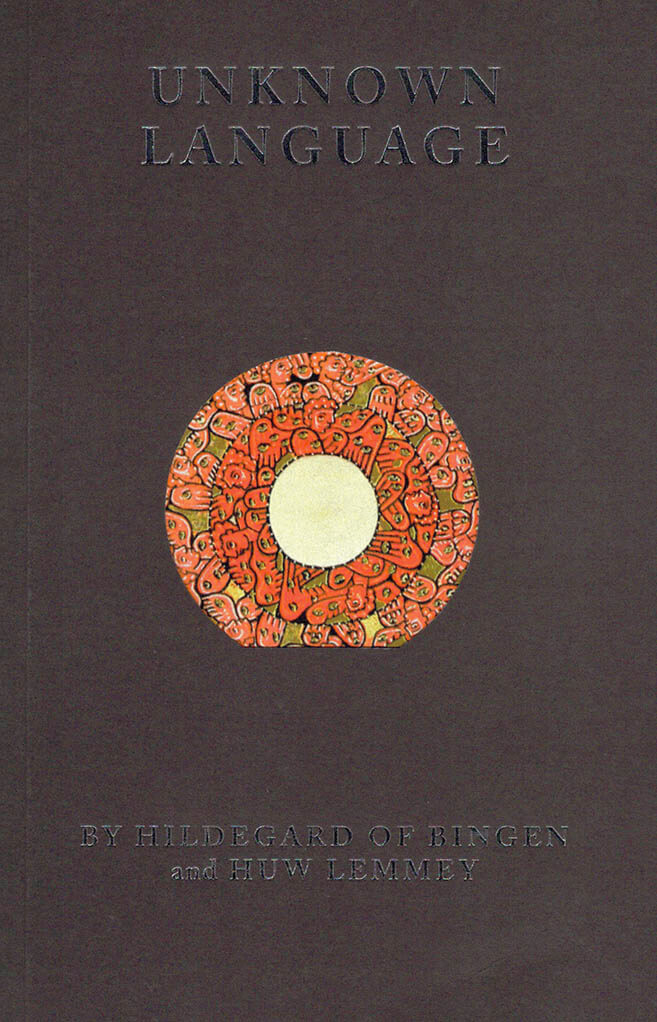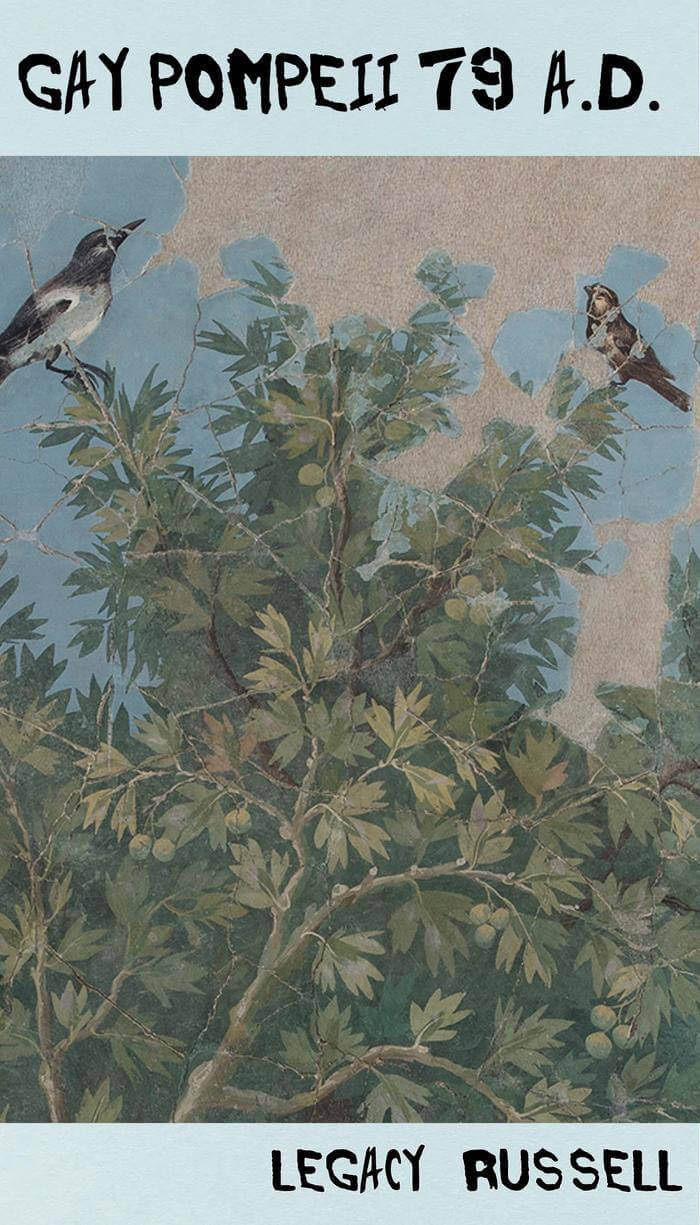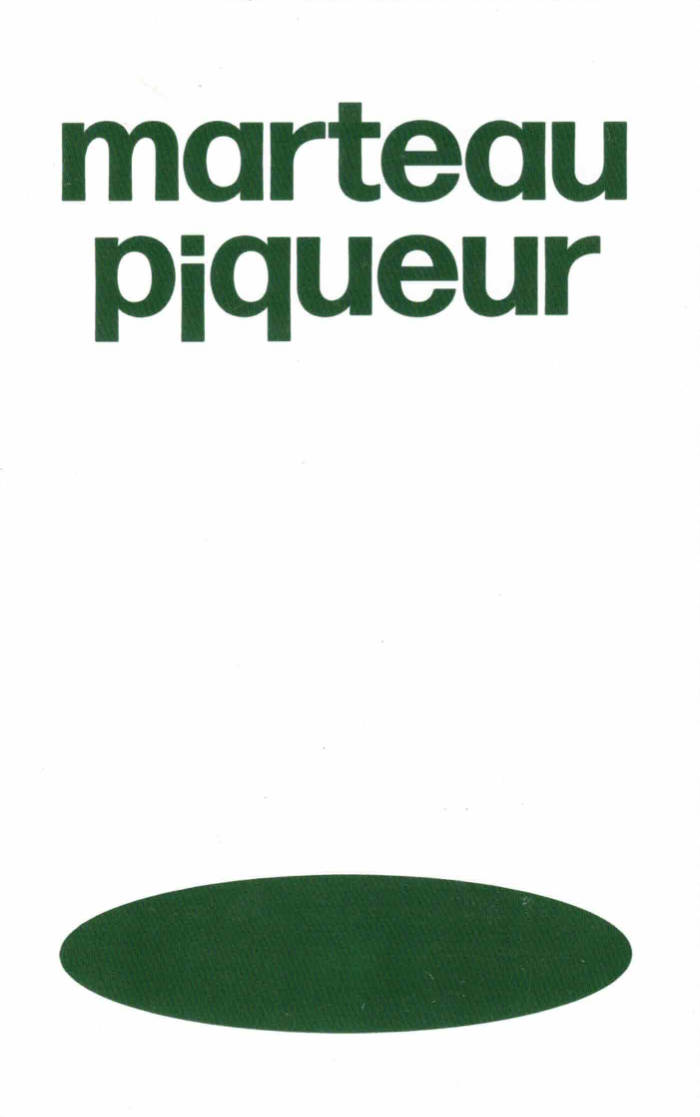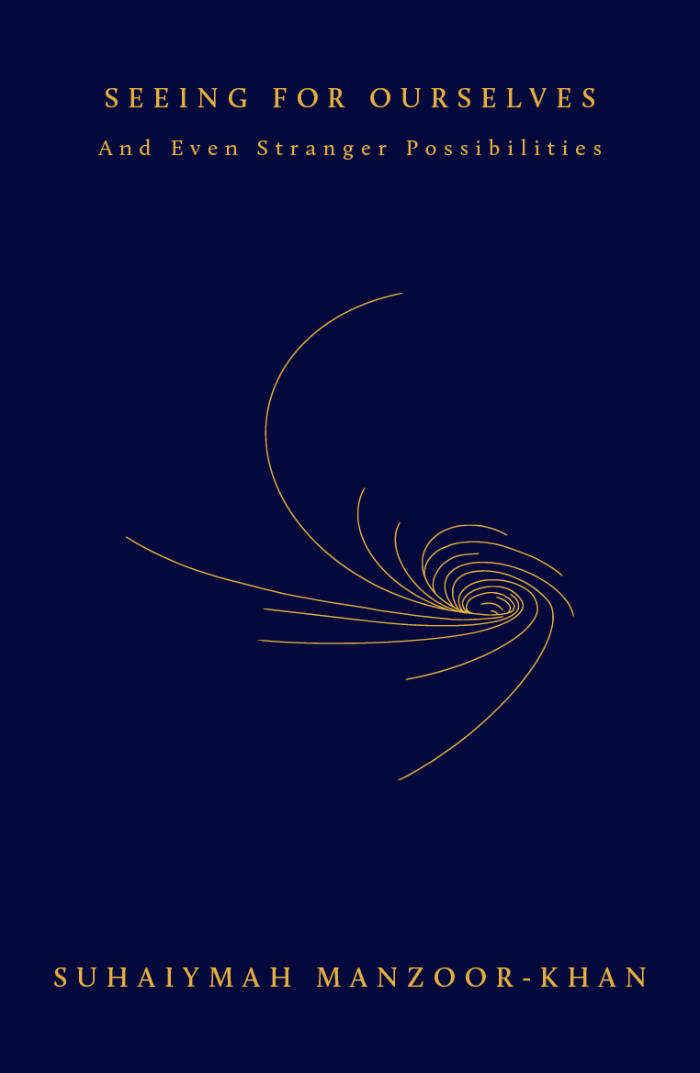
Unknown Language
Hildegard von Bingen ed., Huw Lemmey ed.
Long, long before the Information Age ended, young Hildegard of Bingen finds beauty in the moral and spiritual ruins of her medieval world. In her forty-third year, she inscribes her cosmic visions into Scivias, an indescribably beautiful codex of writing and illuminations thought to be destroyed during the evacuation of Earth.
In a sea cave with cracked amethyst walls on Avaaz, Pinky Agarwalia discovers fragments of this visionary text containing hitherto unknown pathways to a lost vision of human co-existence with plants and non-humans - and the seeds of its rebirth on Avaaz.
Bursting with mythic quantum energy, Hildegard's vital linguistic potion viriditas, threaded throughout her communiqués, is a lush, verdant, renewable life-force. Her ecological message may be just the magic needed for rebirth on Avaaz. Hildegard's mystic toolkit for the future includes a cosmology, medicine, a morphology of crystals, recipes - and the symbols of a new language.
As Pinky Agarwalia traces the diagrams with her fingertip, she suddenly understands - a vision that appears without warning in her own mind - that she must first immerse these materials in water, a guarded substance. In the water, the molecules of the hidden language dissolve, freeze then reconfigure into new shapes, the crystalline language communicated not through sound but by feeling and light. Lingua Ignota, Hildegard's mysterious invented 'unknown language', arrives just in time for a world in flux, one whose coordinates are being recast.
Hildegard von Bingen (1098-1179), also known as Saint Hildegard and the Sibyl of the Rhine, was a German Benedictine abbess, writer, composer, philosopher, Christian mystic, visionary, and polymath. She is considered to be the founder of scientific natural history in Germany.
Huw Lemmey is a writer and publisher. He writes on culture, politics and sexuality, and is the author of the novels Chubz and Red Tory (Montez Press).





